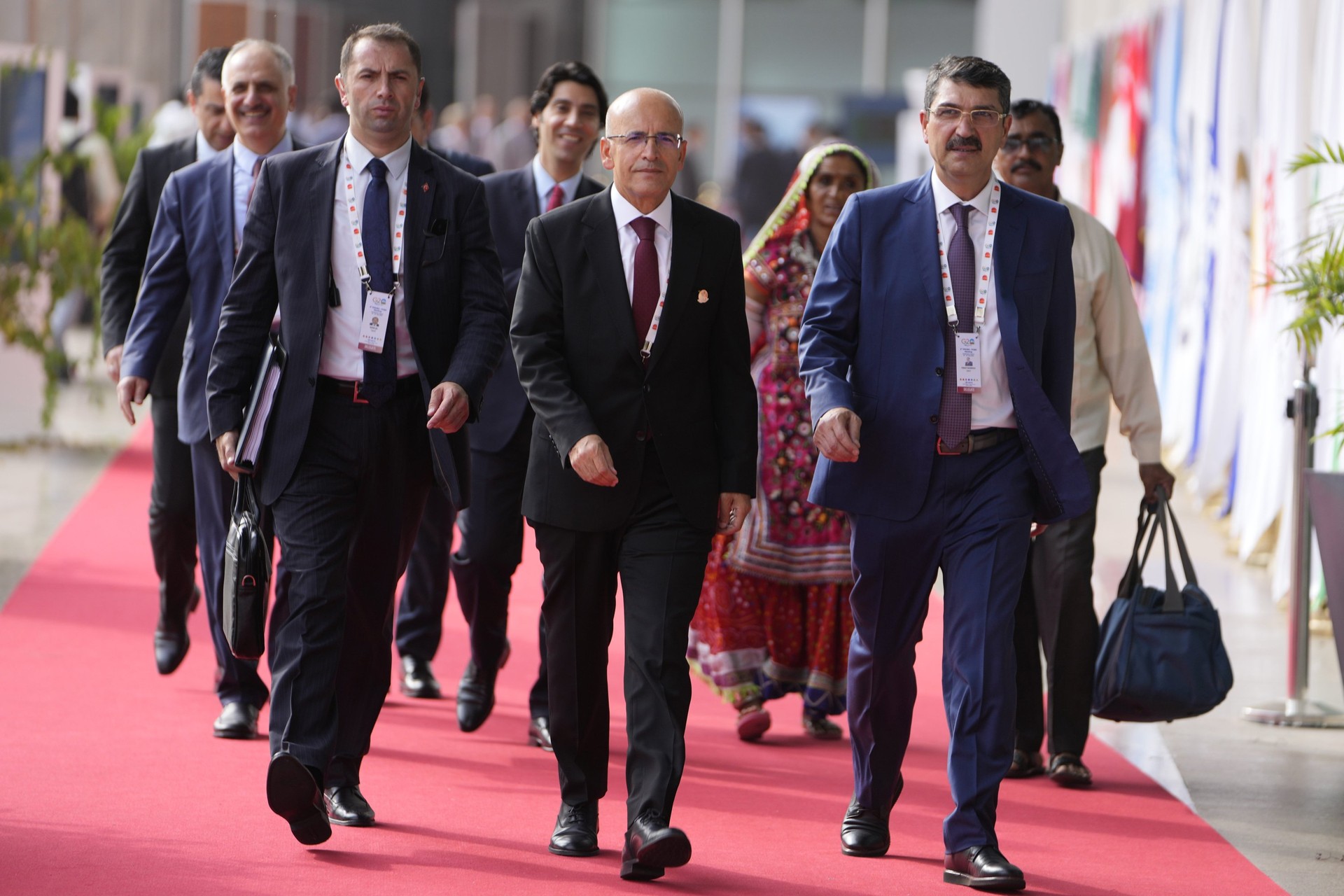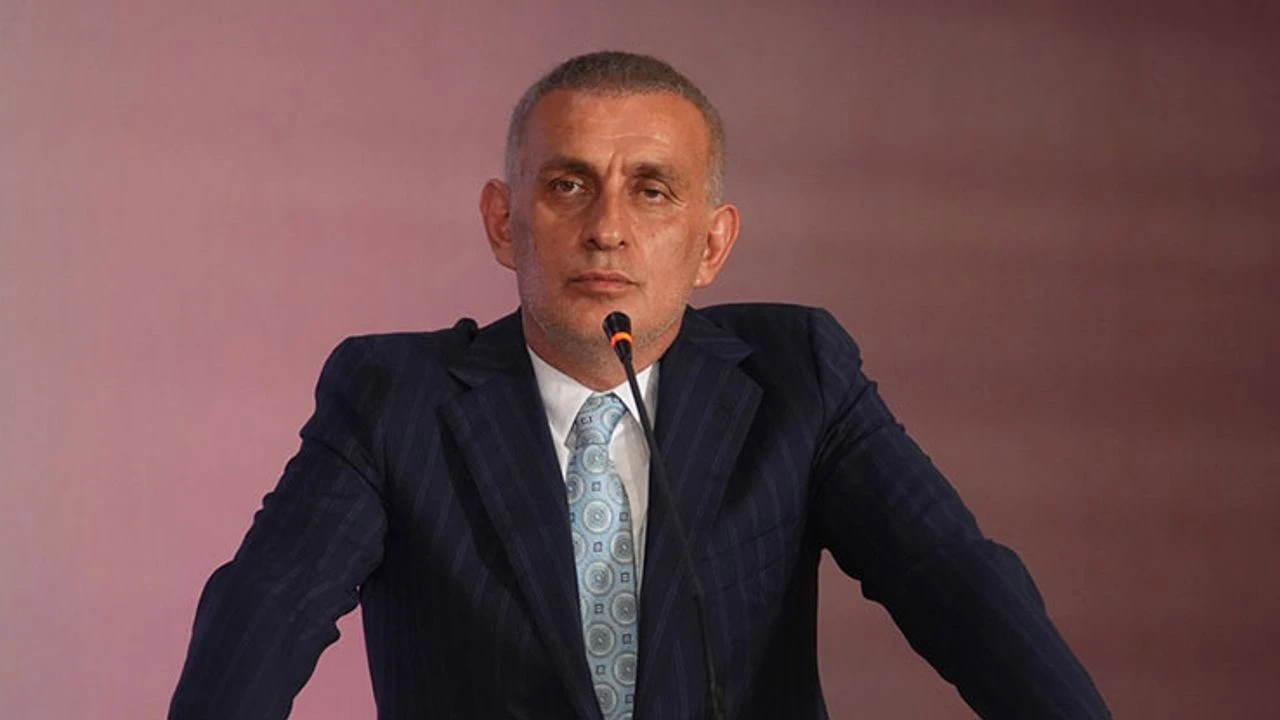
Türkiye's Ministry of Treasury and Finance has released a list of taxpayers with outstanding debts exceeding ?5 million ($146,242). Commonly referred to as the "tax defaulters" list, the names of 57 companies and individuals have been posted at tax offices throughout Türkiye.
This initiative follows earlier statements by Minister Mehmet Simsek, who emphasized the government's commitment to transparency by publicly disclosing significant tax debts.
The release of this list has brought attention to several businesses and individuals with substantial tax liabilities. Among the most notable debtors is Adnan Sarac, a trader in marketing and wholesale, who owes ?13.6 million ($397,780) in taxes. Mustafa Aydogan, who operates in the wholesale trade of electricity, water, and natural gas, has one of the highest debts at ?32 million ($935,954). Other prominent names include Zekiye Baysal, a garment manufacturer with over ?5 million ($146,242) in tax arrears, and Emine Sultan Bozdemir, who is engaged in wholesale and retail trade, with a tax debt close to ?10 million ($292,485).
While the publication of the tax defaulters list is a significant step toward ensuring compliance, the government is now focusing on the football industry. Recently, Minister Mehmet Simsek announced that tax audits would be conducted on football players, marking the first time such scrutiny has been applied to this sector. This move aims to uncover any potential financial irregularities involving football clubs and players.

In light of these developments, Turkish Football Federation (TFF) President Ibrahim Haciosmanoglu has highlighted broader issues of financial mismanagement in the sport. He pointed out extravagant expenses related to EURO 2024 preparations, including 4.68 million euros spent on accommodation.
After the tournament, some individuals reportedly stayed in luxury hotels for an additional 2-3 days, incurring extra expenses of 70,000 euros. Furthermore, Haciosmanoglu mentioned that the federation recently took over a farm operation with four employees at the Ankara office, while 30 people are on the payroll.
He alleged that past management manipulated the accounts, receiving the response, “To be acquitted,” when questioned about these practices. However, his statements notably excluded any mention of tax compliance issues within Turkish football, which are now under investigation.
Reports suggest that some football clubs in Türkiye may be involved in tax evasion by signing players to two separate contracts. In this alleged arrangement, one contract—submitted to the Turkish Football Federation—lists the player’s salary as minimum wage, while a second, private contract contains the actual salary amount. In the event of a dispute, it is the private agreement that takes precedence, further complicating the financial practices within the sport. If proven, these allegations would highlight a widespread practice of underreporting income to evade taxes.
The publication of the tax defaulters list and the initiation of tax audits in the football industry reflect the Turkish government's enhanced efforts to improve transparency and accountability. Minister Simsek’s initiatives demonstrate the government’s determination to enforce tax laws across all sectors, including high-profile industries like football. These actions are expected to foster a more transparent and equitable financial environment, ensuring that businesses and individuals fulfill their tax obligations.